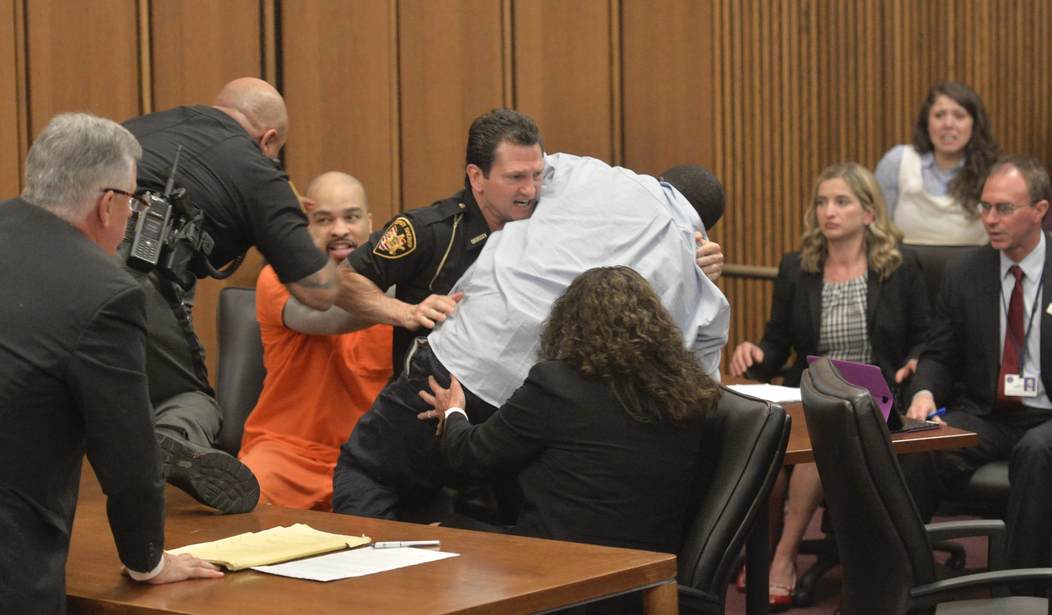ARLINGTON, Va. — Defense Secretary Ashton Carter announced a set of department reforms Thursday that included an incentive to lure cybersecurity pros into the ranks without starting at the bottom — the same incentive used to attract doctors.
Carter has been introducing his Force of the Future initiatives in installments, with previous announcements dealing with personnel issues such as enhanced family policies.
The latest proposals include altering the Defense Officer Personnel Management Act and offering incentives to the civilian workforce.
One of the proposed changes for officers is being able to bring in professionals at ranks that match their skills in select fields needed by the military.
“As many of you know, civilian doctors can join the military at officer’s ranks commensurate with their skill and experience. But in most other specialized fields, there is no way for the services to recruit a properly skilled and experienced civilian who wants to serve in uniform without them having to start at the lowest ranks,” Carter said at the Pentagon.
“Now, that’s mostly intentional. Growing our own military leaders is part of being a profession of arms, and frankly, no civilian job can prepare a person to lead an infantry or armored brigade in the field, command a fighter squadron or a bomber wing, or skipper a submarine or an aircraft carrier at sea. Only years of training and experience in the military can do that,” he continued.
“However, this can be problematic in some very specific areas, such as cyber, and other science and scientific and technological fields, where jobs are not only high-skill but also hard to fill, rapidly changing and in high demand by the private sector.”
Carter noted that sometimes civilian Defense Department employees “help fill gaps and expertise, but not always.”
“The fact is, some missions have to be done by someone who has the legal protections we afford military personnel,” he said. “So, in those situations, where perhaps a network defense or an encryption expert from a tech company feels a call to serve, and is willing to contribute to our mission as a reservist or on active duty, we need a way to harness their expertise and put it to use.”
“…We’ve done this before in similar career fields. During and in between World War I and World War II, the Army Signal Corps granted mid-grade commissions to early radio communications and broadcast pioneers.”
Carter said the program won’t apply to every career field — “far from it.”
“But allowing the military services the flexibility to commission a wider segment of specialized outside talent — talent who can meet our standards, who provide unique skills we need and who are willing to serve in uniform will help fill critical gaps in our force, and it will make us more effective,” he added.
For that and other changes, the Defense secretary acknowledged the department will “need Congress’s help to provide the proper authorities.”
“But there’s good news here because we know some on Capitol Hill already agree with us,” Carter said. “And I greatly appreciate that over the past year, congressional leaders from both parties have expressed support for reviewing DOPMA and making some common sense improvements to help strengthen our warfighting effectiveness.”









Join the conversation as a VIP Member